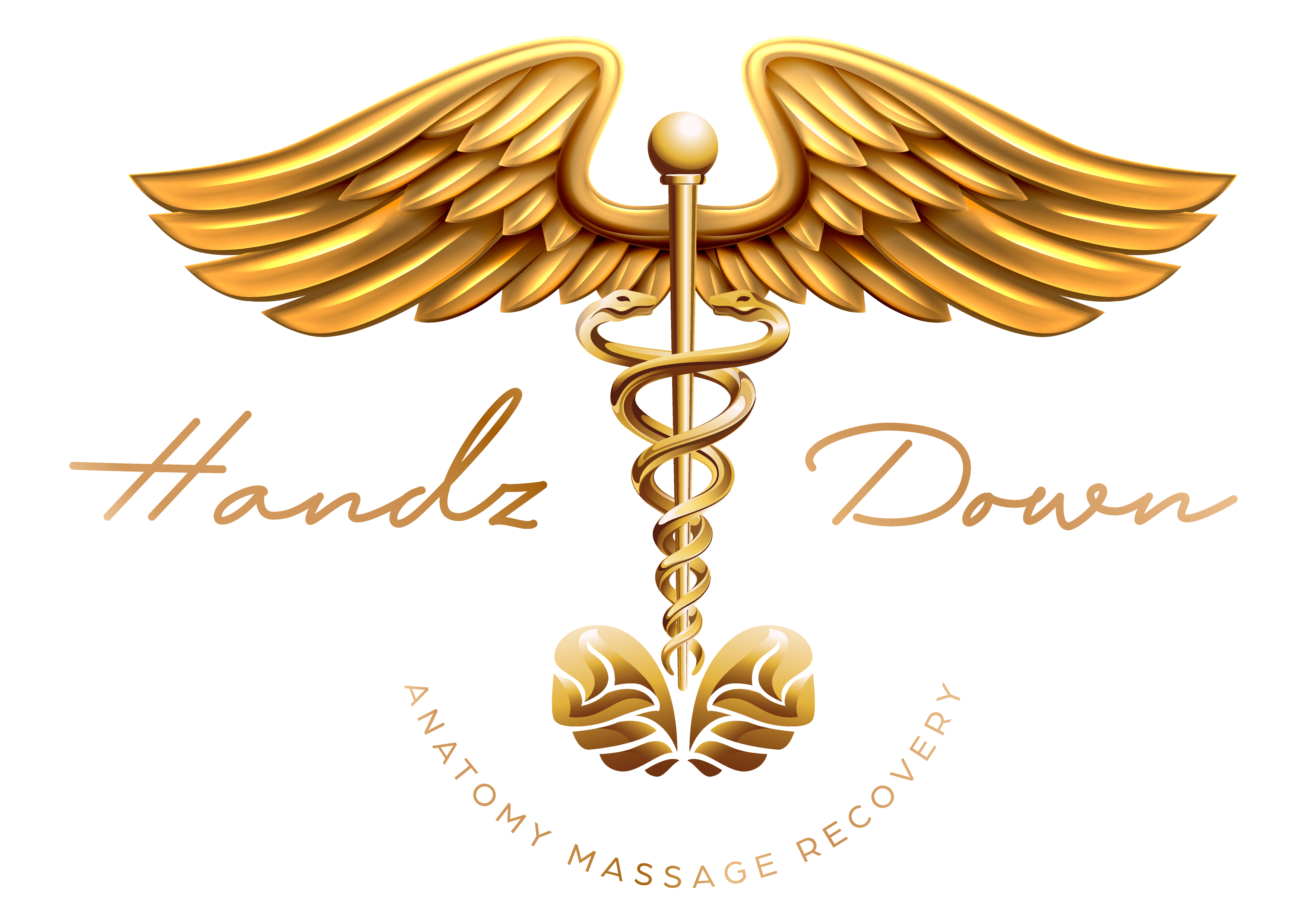Frequent Questions
How often should I have massages?
While your massage frequency depends on how active you are as well as your job, stress level, workout intensity, and specific health concerns. We generally recommend at least one or two massages per month. During particularly active weeks, you may wish to increase the number of massages that you receive to ensure that you are relaxed and recovering.
How long is the soreness suppose to last after deep tissue massages?
Deep tissue massage soreness can last up to three days. Keep in mind that this time interval can change depending on your activity level after your massage and if your activity promotes or hinders your recovery.
Can massage help with TMJ?
Massages can help with TMJ by working the jaw and temples of the skull to help minimize the pain or and cracking happening in the jaw muscles. It can be tender the first couple of times but will be helpful in the long run. From that point you should practice on not clenching your jaw and keeping a gap between your top and bottom row of teeth.
Will massages eliminate all of my pain?
Massage is not guaranteed to take pain away completely but it is a great way to begin the body’s process of self-healing. Everyone’s body and life is different and every licensed massage therapist is different. There are some clients that feel complete relief after a few sessions and there are some that need massages frequently. Our bodies need therapeutic touch to handle emotional and physical stress when pain medications stop working or are not an option.
I keep getting headaches and I’m not sure why. Is it stress related?
Stress definitely exacerbate headaches, as well as tension and pain in other areas of the body. Your diet and hydration level can also influence headaches. Be sure to drink plenty of water and work to eat anti-inflammatory foods. We spend time massaging the neck, shoulders, temples, the back of the skull and upper back to help relieve tension induced headaches.
How deep are deep tissue massages supposed to be?
Deep tissues are as deep as the therapist can go and as your body will allow. If you find yourself tensing up or if you are in a lot of pain during treatment, the massage is too deep and it is your obligation to say something otherwise the area can be injured or the pain can be exacerbated. You should be able to comfortable breathe through the massage and stay relaxed. A skilled therapist should be able to ascertain if an area is able to have deep treatment based upon your response.
Am I allowed to talk or ask questions during massages?
You are always welcome to be vocal about a massage related question or concern during the massage if it will help ease your mind. We encourage you to speak up about any areas that you may have forgotten to express to the therapist that you want worked on or avoided. Remember, this is your session and you are able to customize it however you would like.
I have been dealing with sciatica for sometime is there a way massage can help with the pain?
Ice massage can help relieve sciatica. It can help to cool down the inflammation of the active nerve. Treatment consists of ten minutes of ice compression, five minutes of massage to warm the area to get fresh blood flowing and then another ten minutes of ice.
Do I have to get completely undressed or can I leave on underwear?
It is entirely up to you and your comfort with your therapist. It is easier for your massage therapist to treat your hamstrings, quads, hips, glutes, and lower back wihtout underwear. These areas can be skipped over or worked on with body weight compressions.
Can I work out after my massage?
We recommended that you wait at least an entire day, especially if you received deep work the day before. You will need the entire day to see how effective the massage session was and aid your body in recovery. Remember, rest is very important when combining massages with your everyday workouts.
